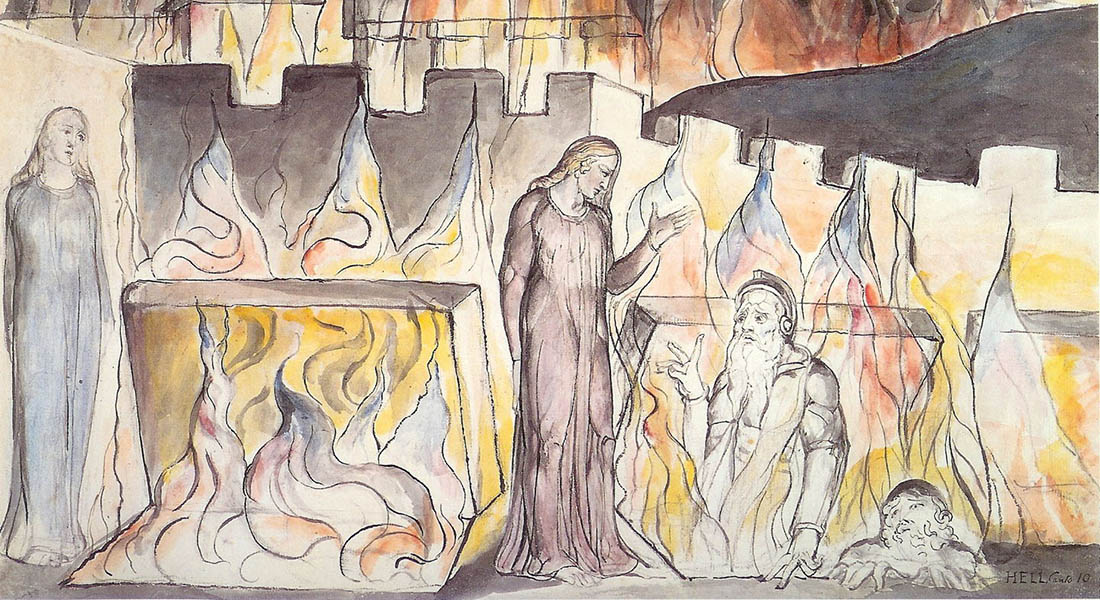Auerbach’s Method
A two-day conference about the relevance of Auerbach’s method for humanist scholars today marking 75 years of Mimesis.

In the last chapter of Mimesis. The Representation of Reality in Western Literature from 1946, Eric Auerbach compares his method to that of a modern novelist. Like they depict human existence only in fragmentary episodes such as a single day in Dublin, Auerbach writes a history of Western literature by analysing discrete literary samples, beginning with the Odyssey and Genesis and ending with Woolf. An archive of literary scenes of existence one might suggest.
Mimesis is in many ways at odds with ideals of literary criticism today: Its quirky, yet completely Western canon; its barefaced comparison of literary styles across two and half millennia. Yet, its main concept of literary representation remains one of the most used and contested, and its heuristic approach still offers an immensely open and inventive response to the question of how we as readers today relate to the foreign worlds of literary history.
We invite anyone interested to participate in this two-day conference and discuss the relevance of Auerbach’s method for humanist scholars today, marking 75 years of Mimesis.
Unfortunately, due to the current rise in COVID infections in Denmark, Jane O. Newman’s lecture on 6 December will take place online. For a link, register with Niels Nykrog.
Programme
6 December (online)
| 20:00-22:00 |
Jane O. Newman (UC Irvine): Auerbach’s Vico: Counter-Enlightenment Philology, World Literature and the Provincializing of Europe |
7 December
| 13:15-14:00 |
Mark Gianni Chinca (Cambridge): Figure and Fragment: On the Medievalism of Auerbach’s Method |
| 14:15-15:45 |
Roundtable with Stefanie Heine, Lilian Munk Rösing, Christian Høgel, and Michael Høxbro Andersen: Mimesis Today |
| 15:45-16:00 | Closing remarks |
Organisers
Niels Nykrog, PhD fellow
Christian Dahl, associate professor
Funding
Funded by the Centre for Modern European Studies (CEMES).
Map of South Campus
View directions.
View on map of the Faculty of Humanities - South Campus.
View map of South Campus (pdf).
